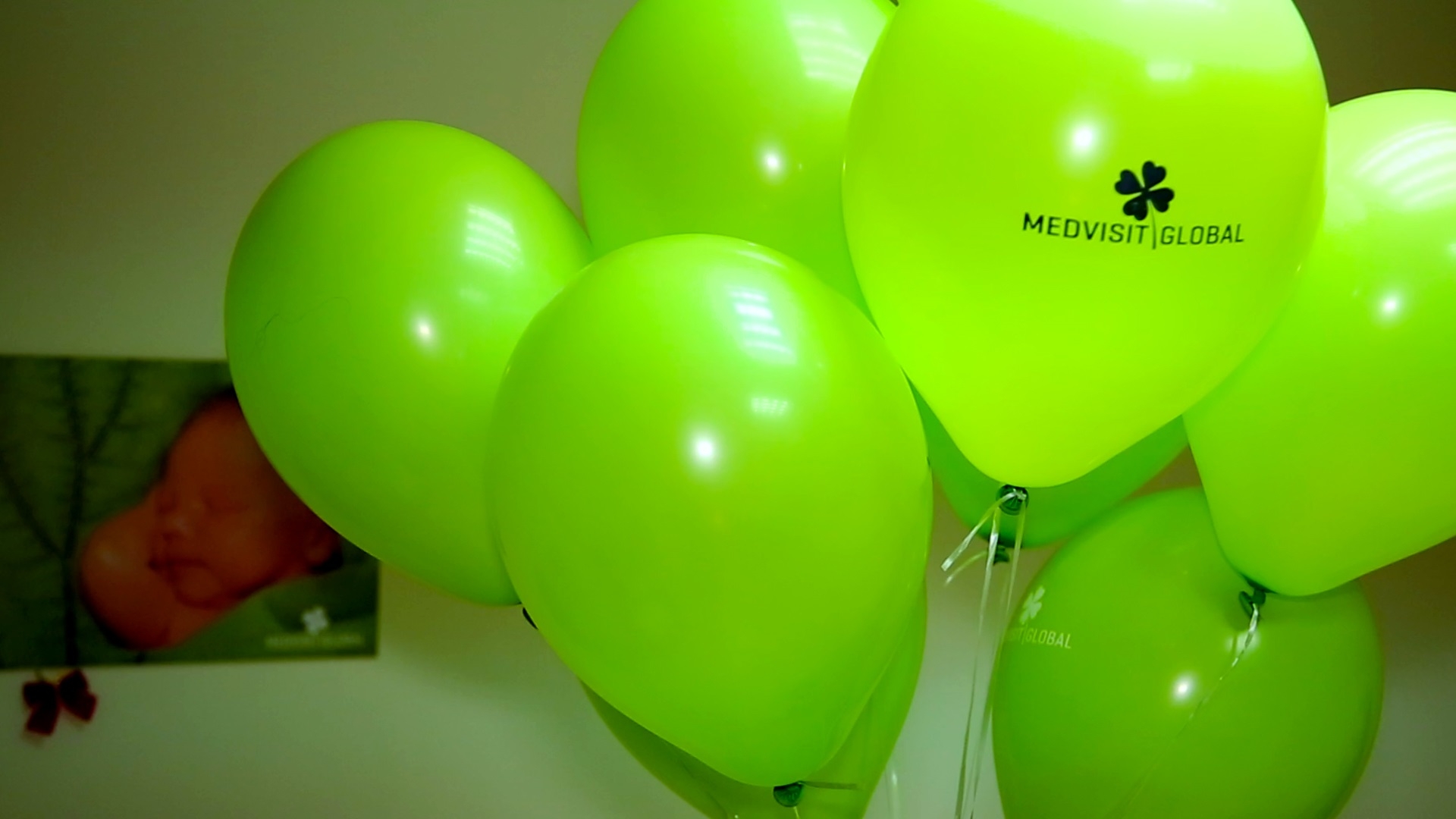Polycystic Ovary Syndrome (PCOS)
Affecting 1 in 10 women of reproductive age, Polycystic ovary syndrome (PCOS) is a health condition associated with hormonal imbalance. Women with PCOS usually experience prolonged or infrequent menstrual periods. They may also have excess androgen levels which is a male hormone.
Symptoms
Manifestation of PCOS usually starts in puberty, however the condition may be developed later in adulthood due to significant weight gain.
The following signs and symptoms are suggestive of PCOS:
1) Irregular menstrual cycles - infrequent, irregular or prolonged menstrual periods are one of the most common signs of the condition. Some women with PCOS may even stop having menstrual cycles.
2) Excess androgen - PCOS may be physically represented due to increased levels of male hormones. Excess androgen levels may cause hirsutism - excess facial and body hair. Besides, increased levels of androgen might result in severe acne on the face, chest, and upper back alongside with onset of male pattern baldness.
3) Polycystic ovaries - women with PCOS may develop cysts (fluid-filled sacs) in the ovaries preventing regular release of eggs.
Obesity usually makes the symptoms of PCOS more severe.
PCOS and Infertility
As PCOS interferes with ovulation, infertility is one of the most common complications of the condition. However, having PCOS does not automatically mean that a woman can not get pregnant. Luckily, PCOS is a treatable causes of infertility in women.
If you suspect that you might have PCOS, it is recommended to see a doctor. Early diagnosis and treatment prevent complications including infertility.
 (6).png)
